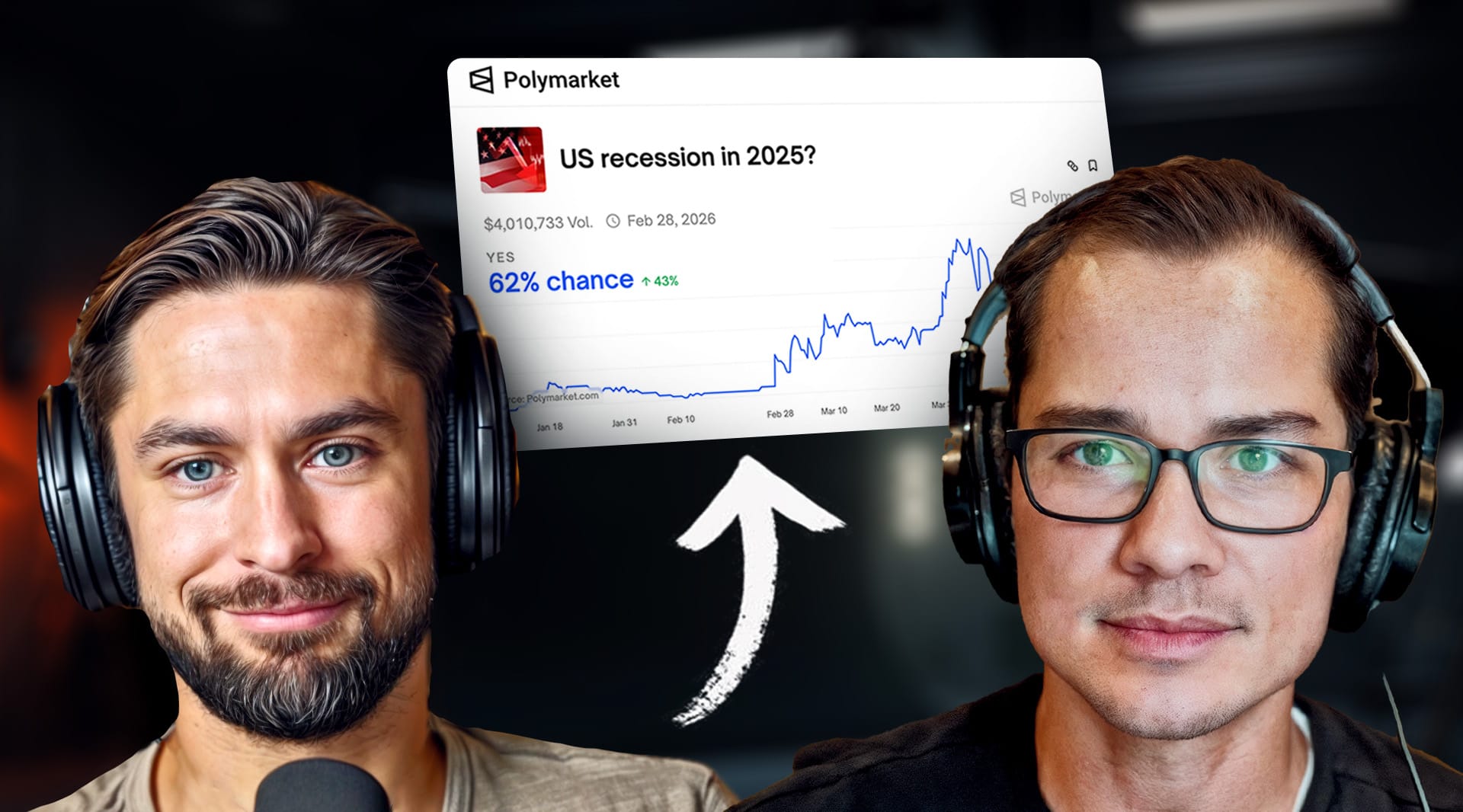Crypto's Big Test: Ethereum’s Pivot, Tariff Storms, and Bitcoin’s Political Rise

The crypto industry has never been one to shy away from upheaval, but the recent shifts unfolding simultaneously across Ethereum’s roadmap, global macroeconomics, and Bitcoin's position in U.S. politics mark a critical inflection point. In this week's analysis, we unpack these interconnected changes and what they mean for investors and enthusiasts alike.
Ethereum’s Strategic Pivot
After years of a rollup-centric narrative, Ethereum has undertaken what many see as a significant strategic pivot—though some prefer calling it a reprioritization. The Ethereum Foundation recently announced critical changes in leadership structure, appointing Shouwei and Tamás as co-executive directors, with an emphasis on operational excellence and a sharper product-centric roadmap. Central to this new roadmap are three clear goals: scaling Ethereum’s Layer 1, optimizing blob storage, and vastly improving user experience.
Notably, Ethereum researcher Dankrad Feist recently emphasized the urgency of this pivot in his compelling Ethereum Improvement Proposal (EIP), outlining a plan to scale Ethereum’s Layer 1 by 100x over four years. Feist argued that without radical improvements to the Layer 1, Ethereum risks irrelevance, highlighting a newfound willingness within Ethereum's leadership to break previous taboos around Layer 1 scalability.
The pivot is more than technical—it’s cultural, representing a move away from ideological purity towards pragmatic product delivery. If executed successfully, Ethereum could significantly strengthen its market position, particularly in light of increasing competition from blockchains like Solana and Sui.
Macroeconomic Storm Clouds: Tariffs and Capital Flight
While Ethereum navigates its internal transformation, external macroeconomic shocks are beginning to ripple through the crypto markets. Recent tariff implementations by the U.S. have stoked fears of a tariff-driven recession, a situation underscored by negative GDP growth in Q1 2025. The markets, guided by predictive platforms like Polymarket, now place the likelihood of recession at over 60%.
This economic tension is amplified by what appears to be early signs of American capital flight. Traditional safe havens like gold have surged by 33%, while Bitcoin increasingly mirrors gold’s price action. This shift suggests the market is gradually beginning to view Bitcoin—and possibly crypto more broadly—as a credible non-sovereign store of value.
Bitcoin’s Strategic Rise in American Politics
Speaking of Bitcoin, the cryptocurrency has seen an unprecedented embrace from U.S. policymakers, particularly the Trump administration. Howard Lutnick, the Commerce Secretary, explicitly positioned Bitcoin alongside gold and oil as strategic reserve assets. Further confirming this stance, a White House executive recently stated openly that the U.S. is actively participating in a "space race" to accumulate Bitcoin reserves, solidifying its legitimacy at the highest governmental levels.
This development is not just symbolic. With governments now reportedly holding around 2.3% of Bitcoin’s total supply, we are witnessing Bitcoin transition from an insurgent monetary experiment into a bona fide geopolitical asset. This political embrace could further strengthen Bitcoin's narrative as a reliable digital gold, particularly amid increasing global monetary supply.
AI Dystopia or Worldcoin’s Orb Future?
Adding complexity to this rapidly evolving crypto narrative is Worldcoin’s ambitious U.S. rollout, led by OpenAI CEO Sam Altman. The project plans Apple-store-like retail outlets across major American cities, enticing users to exchange iris scans for Worldcoin tokens. While initially met with dystopian skepticism, the worsening reality of AI-driven misinformation and bot proliferation has pushed many to reconsider the value of digital identity verification systems like Worldcoin. As AI threats become more real, could Worldcoin’s controversial approach emerge as a necessary safeguard against digital deception?
Speculation, Rumors, and Shocks
The markets also witnessed unusual activity this week, including Sui’s massive price spike driven partly by speculative Pokémon collaboration rumors and a substantial hack propelling Monero’s price by 50%. Additionally, Ripple’s ambitious attempt to acquire stablecoin giant Circle was rebuffed, highlighting ongoing volatility and corporate maneuvering in the crypto space.
A New Era or More Uncertainty Ahead?
Together, these developments signal an exciting yet turbulent period for crypto. Ethereum’s pivot could redefine the blockchain landscape if executed well. Meanwhile, macroeconomic conditions and political adoption are quickly reshaping crypto's fundamental narratives, particularly Bitcoin’s growing status as digital gold.
As crypto stands at the crossroads of internal transformation and external upheaval, one thing is clear: whether you're bullish, bearish, or just fascinated by the drama, there's never been a more critical or thrilling time to pay attention to this space.